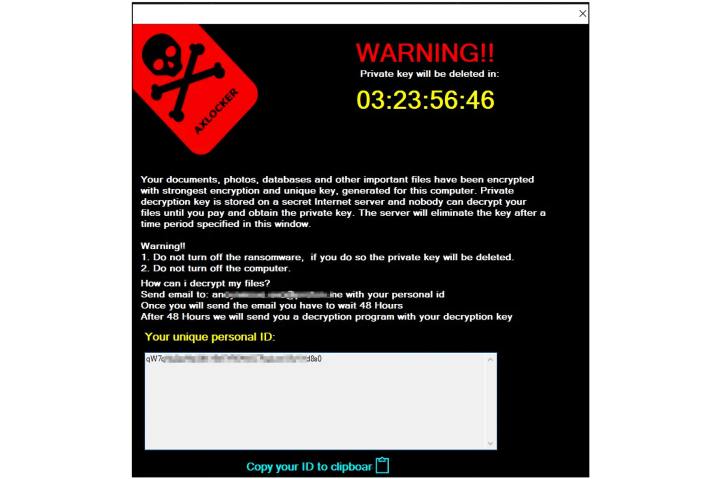As if ransomware wasn’t terrifying enough already, hackers are now trying to hold your Discord account hostage, as well as your files. Thankfully, you can grab your Discord back if you act quickly enough.
This new ransomware campaign was recently discovered by leading cybersecurity firm Cyble, and it’s a particularly nasty one. A wave of similar attacks is emerging, including AXLocker, Octocrypt, and Alice. Ransomware encrypts files on the infected computer before demanding that you pay to decrypt your files to regain access.
Something uniquely cruel about AXLocker is that it also copies your Discord token and sends it to the hacker’s server, giving them an opportunity to access and steal your Discord account. The malware is sneaky and leaves file names and extensions intact as it encrypts files so you might not notice anything is wrong until you see the ransom note.

The moment that you discover that you’ve been hacked, you should log into Discord and change your password. This will invalidate the token that has been stolen and keep at least your Discord account safe.
Unfortunately, there isn’t an easy solution for files that have been encrypted. Documents, images, videos, and even zip files are targeted, and the ransom note indicates that you only have 48 hours to respond and instructs you to leave the computer on. There are no further details given about what might happen if you do not comply.
Negotiating with hackers is a slippery slope, and if you choose to seek other solutions, taking the computer offline by disconnecting from Wi-Fi or unplugging is probably the best next step. Then you can seek the advice of a cybersecurity expert to find out if your files can be recovered.
Editors' Recommendations
- Ransomware attacks have spiked massively. Here’s how to stay safe
- Hackers are using a devious new trick to infect your devices
- Hackers used 30,000 computers for record-breaking DDoS attack
- This game lets hackers attack your PC, and you don’t even need to play it
- Hacking-as-a-service lets hackers steal your data for just $10



